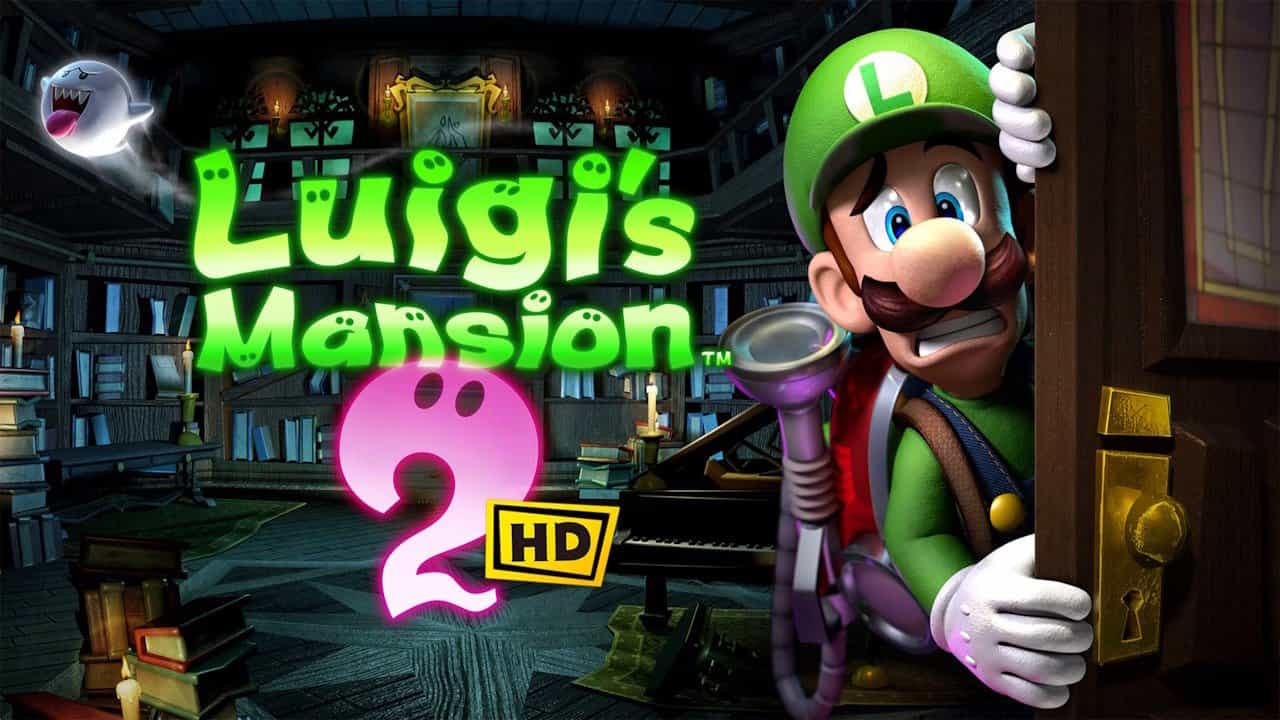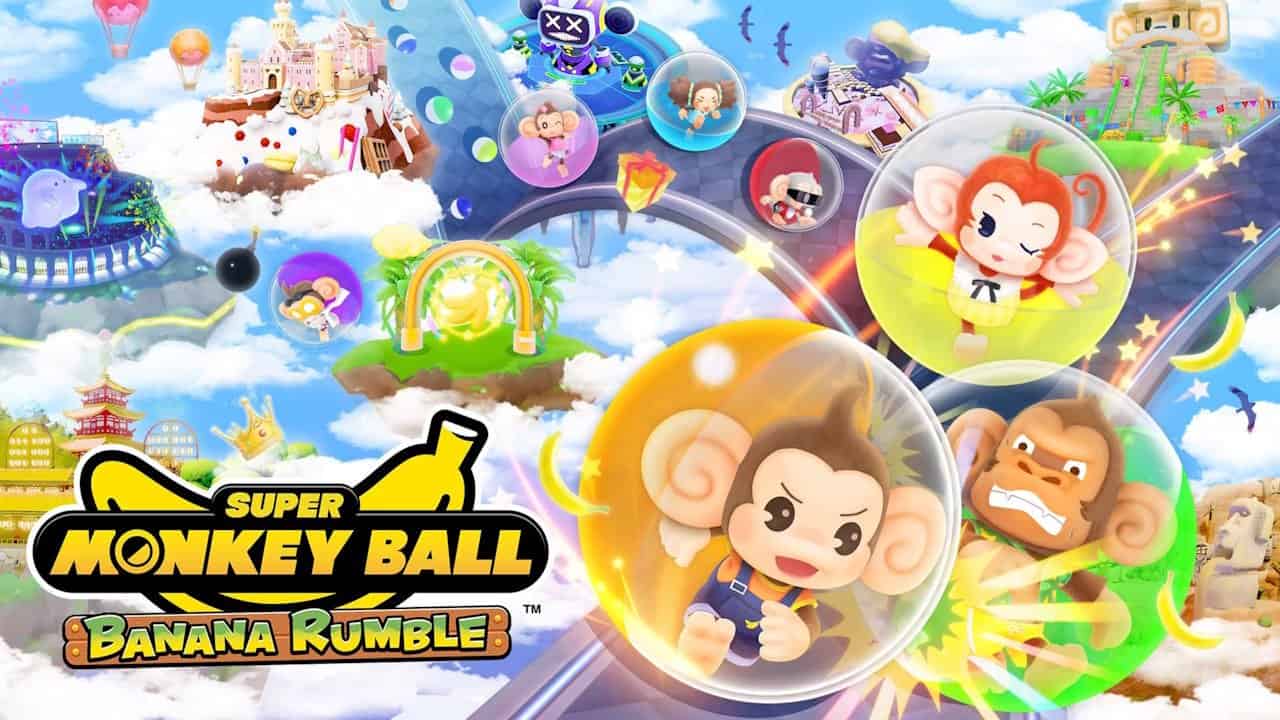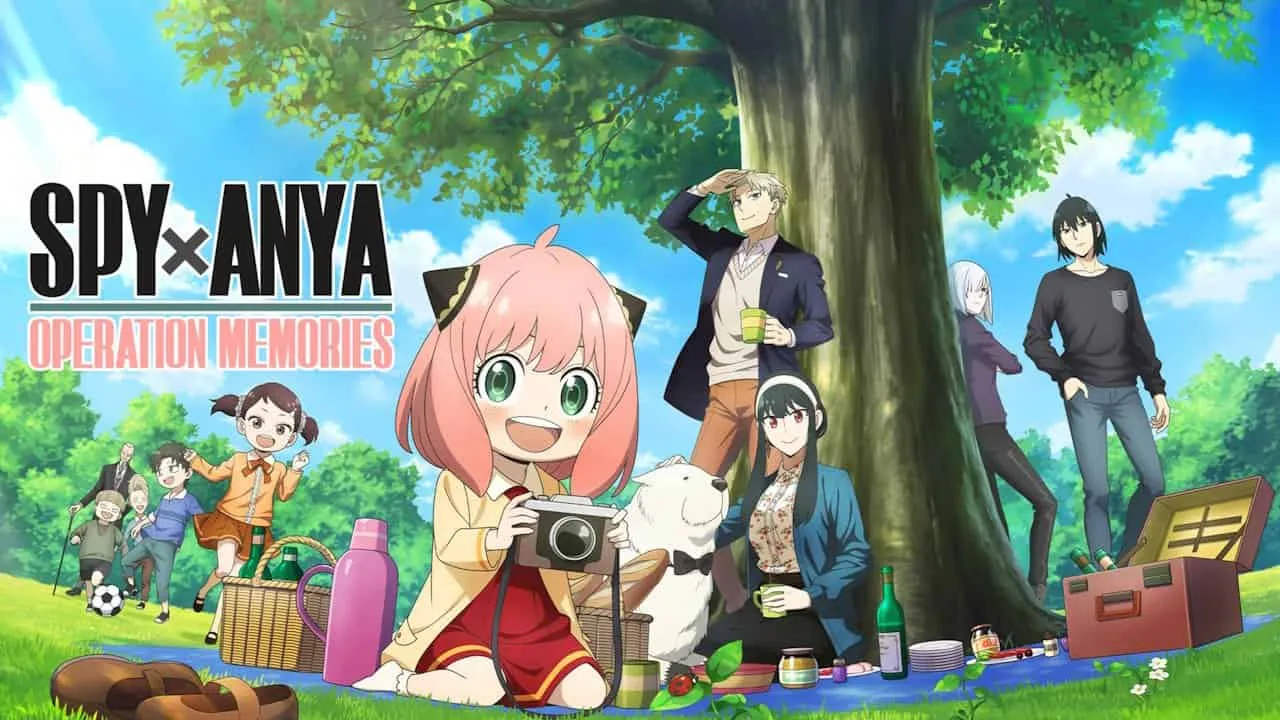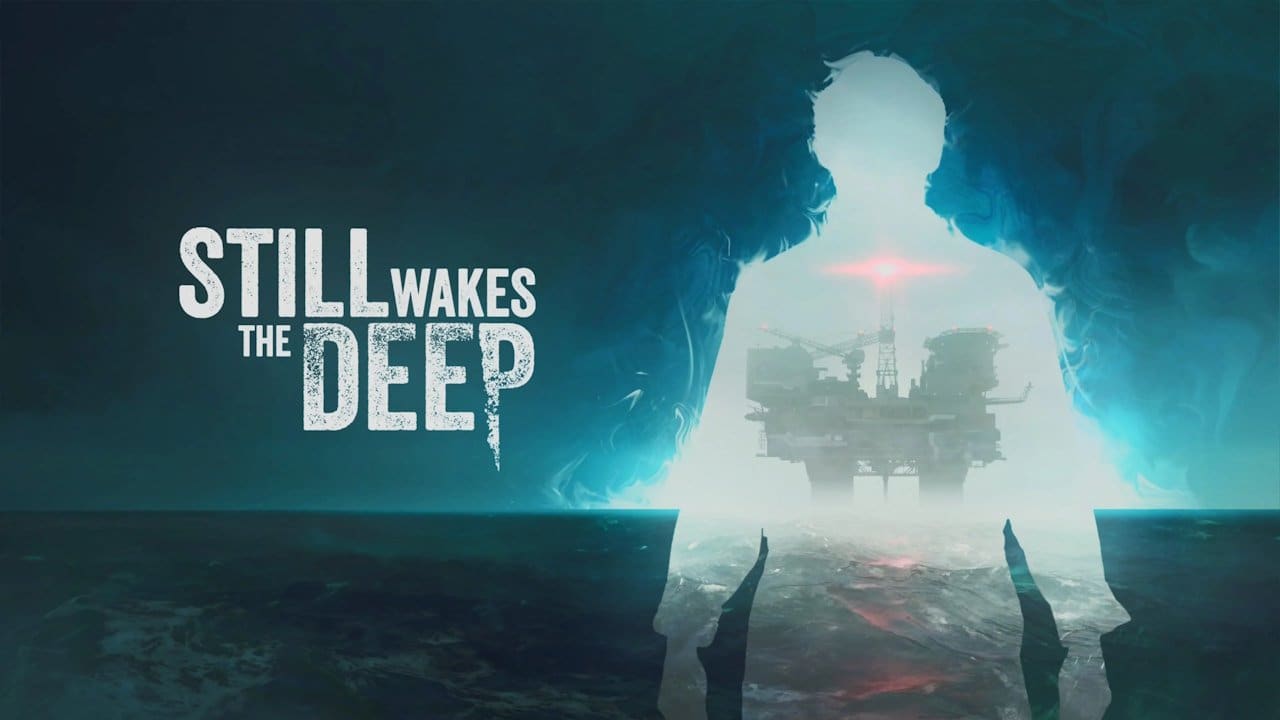Sekiro: Shadows Die Twice Review

Official Score
Overall - 90%
90%
I was playing on the PlayStation 4 Pro, and the game doesn't run at a consistent frame rate, which proves to be a problem. It is all about precision in Sekiro, and a dip in the frame rate can get you killed. The Deathblows can also be frustrating; a different color for the sweep, pierce, or grapple would have been nice. You can choose between Japanese or English dubbing as well.
Sekiro: Shadows Die Twice is FromSoftware’s newest “git gud” video game. Is it worth your time, or should you stick with Dark Souls? Check out our review and find out.
Sekiro Review
In Sekiro, you play as a shinobi named Wolf during the end years of the Sengoku era. You follow the Iron Code that was given to you by your adopted father Owl, which means you are sworn to protect your master. Your master is named Kuro, and the game starts with you being tossed in a well after he is captured. Escaping from the well and making it to Kuro without your sword, you make it to the tower where he is held, where he returns your sword and tells you how to escape. However, things don’t go as planned, and on your way out you lose Kuro and your left arm.
You awaken to a man sculpting Buddha statues and a new prosthetic arm. This man is only referred to as the Sculptor, and he attached the arm to you while you slept. He informs you that your lord is locked the Ashina Castle, and you will have to work your way inside. The arm comes with a grappling hook to help you get over small walls and buildings. You are also told that if you find the right tools, the arm can be upgraded with new weapons and tricks. What follows is a challenging, yet extremely rewarding, 40-60 hour action adventure.
Sekiro is difficult – more so than any Dark Souls title. The reason for this is the combat. Sekiro focuses on sword fighting, with an emphasis on parrying over dodging and blocking. You are trying to break the enemies posture down to get a death blow on them. The quickest way to do this is to either deflect the enemies blows or slice them up when they are vulnerable. On top of worrying about deflections, you also have to watch out for a red symbol that appears over your head when facing enemies. The symbol means that a deadly attack is coming and you need to read the opponent to tell which one it is. Is it a sweep or a stab? A slash or a grapple? Read it wrong, and you will take massive damage…or even die.
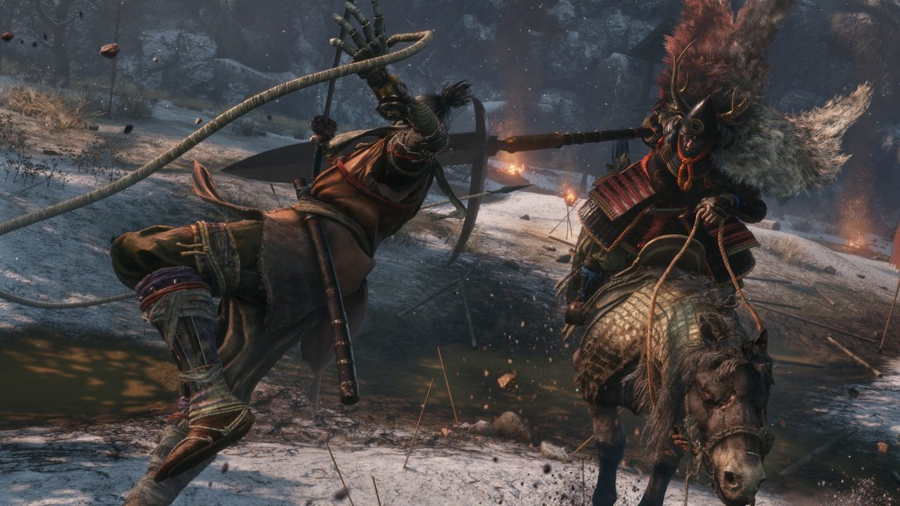
Sekiro knows you are not used to this type of play, but forces it down your throat anyway. Breaking out of your old hit and run tactics or I-frame rolls takes time. At the end of the first day, I thought I’d never beat Sekiro. When I had finally reached the end, I knew I was playing a game of the year contender. There is nothing more satisfying than mastering a bosses’ combo and breaking their posture for the first time. The problem is that you need the combat system to click with you. It is a good combat system, but it isn’t easy or quick to learn.
Outside of regular combat, you can also make stealth kills. While stealth kills are not required, they make combat much more manageable. For instance, you can take down all of a mini-bosses minions without getting caught. With all his minions gone, you can sneak up on him and remove one of his HP bars right away. If you are stealthing, you can also eavesdrop on enemies soldiers from time to time and learn valuable info about weapons and items. While stealth is useful most of the time, sometimes it bugs out hard. The AI can sometimes spot you even if you are hidden from their view. Despite this, the opposite is also true as well. Sometimes they miss you even when you are right in front of them. It is hit and miss, but is still a handy tool in the game.
The world of Sekiro isn’t all doom and gloom though. There are NPCs you can find in the world that don’t want to kill you. Some of them sell items, others can help find new areas, and some of them have side quests. Some of these side quests can stretch for hours until you find what you are looking for. With a grappling hook and the ability to swim, items and areas can be hidden in spots you might not think to look. That said, even if they take hours to complete, the rewards are worth it. You never know where you will find your next shinobi prosthetic, after all. Certain quests are also needed to get different endings.
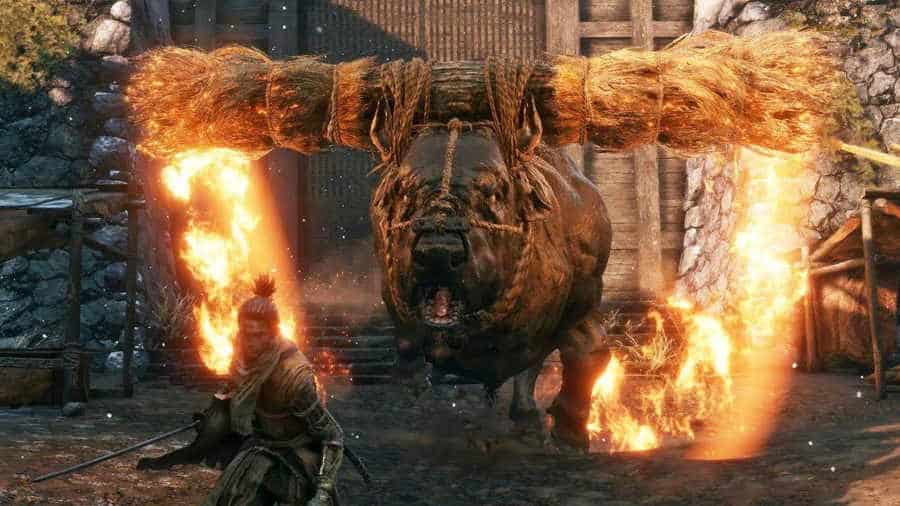
One of the core mechanics of the game is known as the Dragonrot. In Sekiro you can come back to life once due to what is called The Dragon’s Heritage. Kuro has given you this gift for being his shinobi. The more you use it, the more NPCs in the area will get sick. While I don’t think they can die form Dragonrot, you cannot turn in quests while they are sick. You are given chances to cure your NPCs with Dragon Tears if you can find them. The supply is limited in the game, and if you run out, the Dragonrot will only spread further as you die more. Thankfully, I had more than enough Dragon Tears during my first run.
I was playing on the PlayStation 4 Pro, and the game doesn’t run at a consistent frame rate, which proves to be a problem. It is all about precision in Sekiro, and a dip in the frame rate can get you killed. The Deathblows can also be frustrating; a different color for the sweep, pierce, or grapple would have been nice. You can choose between Japanese or English dubbing as well.
Sekiro: Shadows Die Twice is one of the most rewarding video games I have played in years. We eagerly look forward to seeing what the DLC will bring to the table.
